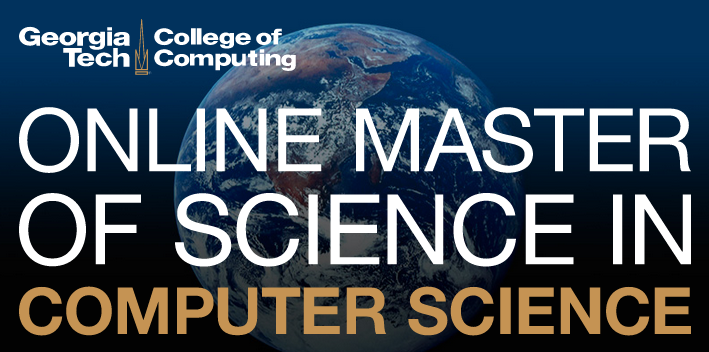A couple months ago I took a routine trip via Greyhound (aka the bane of American public transportation) to visit my boyfriend. Although I deeply despise much about Greyhound buses, besides eventually getting you someplace for cheap, they’ve been great opportunities for people watching. On this particular trip, I listened as a girl sitting in front of me noisily chatted on her phone about how she was getting ready to go back to college.
I don’t mean to snoop, but sometimes I like seeing what type of websites other people frequent just because it’s interesting and might provide me with new sites to explore. The girl on the phone was contemplating taking online courses and suddenly became immersed with a page on her computer which read “MOOC List”. Curious to learn more (though I would’ve asked the girl if she hadn’t still been chattering away), I searched what this site was on Google and soon learned MOOC stood for “Massive Open Online Courses” and was a new educational and technological trend sweeping the nation.

“A COMPLETE LIST OF MASSIVE OPEN ONLINE COURSES (FREE ONLINE COURSES) OFFERED BY THE BEST UNIVERSITIES AND ENTITIES”
For perpetual students and curious intellectuals alike, MOOCs are essentially online (generally college-level) courses aimed at widespread interactive participation and are open to anyone with web access and a computer. Courses ranging from design, computer science, literature to philosophy and history are freely offered online to anyone with a web connection, a seemingly endless educational treasure trove.
MOOCs utilize traditional course materials such as videos, readings, and problem sets but what sets them apart from conventional pedagogy is the emphasis on providing interactive web-based user forums that creates a community for students, professors and TA’s.
The birth of MOOCs trace back to two years ago when Stanford University first offered a free open online course on artificial intelligence where 170,00 students enrolled. The concept soon caught on at other large universities and specialized schools across the nation with the perspective that MOOCs could be an opportunity to reach students wanted to pursue an interest or expand their knowledge but may not have had the opportunity to do so before.
Though nearly millions of people have enrolled and participated in many MOOCs since Stanford’s first course, there are a few things critics list when questioning if this new educational platform has made any profound change among the masses. Generally, MOOCs are single courses that offer no educational credit and do not lead to a degree. MOOCs are essentially, for learning’s sake. There’s nothing wrong with this concept, though it was researched that a majority of students who enroll in MOOCs often do not finish the courses.
Perhaps the concept of the MOOC is still not readily understood. As recent research has shown, many individuals who sign up for MOOCs seem to view enrollment (but not actually finishing the course) as a good way to spend free time. In one study, 90% of students “dropped out” of their MOOC by never completing the course.
In any case, Georgia Tech, which has one of the nation’s top computer science programs, has recently announced that the school is planning to offer the first MOOC-based online master’s degree program in computer science. Using MOOCs to gain an online master’s degree seems innovative and even more price efficient: Georgia Tech estimates the master’s program will only cost accepted applicants under $7,000 instead of the normal price of $45,000.
While Georgia Tech’s unique use of MOOCs will be interesting to watch out for, there are sure to be a few technological and maybe social bumps along the way. Many are hopeful that this first expedition in using MOOCs for gaining full degrees may signal a change in higher education and increase the reach colleges and universities may have in the future.
Georgia Tech has not yet released a specific application date for the MOOC-based master’s degree program, but expect to be opening up for applications sometime during Fall 2014.
What is your opinion on MOOCs? Have you taken any MOOCs?
Learn more about MOOCs: The New York Times, Inside Higher Ed, Georgia Tech College of Computing, The Chronicle of Higher Education , MOOC List





Terence
Please let me know if you’re looking for a writer for your weblog.
You have some really great articles and I
think I would be a good asset. If you ever want to take some of the load off,
I’d love to write some articles for your blog in exchange for a link back to mine.
Please blast me an e-mail if interested.
Kudos!
Kari
Hello! I know this is kinda off topic however , I’d figured
I’d ask. Would you be interested in trading links or maybe guest writing a blog article or vice-versa?
My blog goes over a lot of the same subjects as yours and I feel
we could greatly benefit from each other. If you are interested feel free to shoot me an e-mail.
I look forward to hearing from you! Awesome blog by the way!
hair highlights pictures for brown hair
There’s definately a great deal to find out about this topic.
I love all of the points you have made.